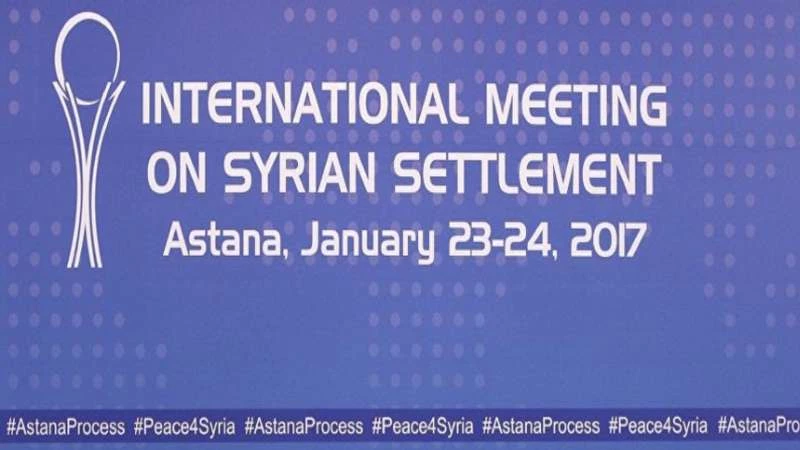Although none of the opposition delegates are willing to allow Russia, which has been assisting Assad in the killing of Syrian civilians under the guise of fighting terrorists, to play a role in drafting a new constitution for Syria, the latest draft prepared by Russia appears to moving closer to providing for a more autonomous form of government that limits the powers of the president and gives more to a parliament that would ideally represent all factions of Syrian society.
"We have handed the Syrian armed opposition a draft constitution of Syria prepared by Russian specialists for them to study," Russia’s envoy for Syria, Alexander Lavrentiev, told reporters in Astana. "We did this exclusively to accelerate the process to end the war.”
According to Sputnik, the draft constitution by Russia “substantially” limits the powers of the Syrian president so as to make Assad’s resignation unnecessary.
Under the draft constitution, the parliament would be responsible for decisions regarding war and peace, the removal of the president from the office and the appointment of the members of the Supreme Constitutional Court.
The draft constitution also nullifies Article 111 of the current Syrian constitution which gives the president the right to dissolve parliament. The president does, however, retain the right to call a national referendum on “important topics pertaining to the supreme interests of the country.”
In addition, the 7-year presidential term limit with the option for one additional term stipulated in the Russian draft is surely something that could be modified by Syrians in the framing of their own constitution.
The draft constitution also stipulates that the army would no longer be allowed to intervene in politics, or be used as a means of repressing the Syrian people, stressing that the mission of the Syrian armed forces would be to protect Syria and maintain regional security and that under no circumstances would they be used as a means to suppress the Syrian people and interfere in their political affairs and that they would also not play a role in the transition of power process.
Russia’s draft also eliminated the current constitution’s religious requirement that stipulates that the president must be of the Muslim faith and that “Islamic jurisprudence doctrine is a primary source of legislation.”
Sunni Muslims made up about 75 percent of Syria’s pre-2011 population, Shias (including Assad’s Alawite sect) 13 percent with the remainder being mainly Christians and a small number of Druze.
To be fair, a new constitution should at least initially provide those Syrians who were forced to leave Syria through no choice of their own, a voice in determining who will be their representative members of parliament in order to nullify the deliberate dispersion by Assad intended to change the country’s demographics in his favor.
Two more conditions mentioned in the draft, the first being that the word “Arab” be officially removed from “Syrian Arab Republic” in order to be more inclusive of Kurds and Turkmen, and the second that "cultural diversity of Syrian society must be intact" and that the Arabic and Kurdish languages be given equal footing in areas of Kurdish self-rule, should also be necessarily negotiated by Syrians themselves.
No doubt Turkey will also have something to say about a constitution that provides autonomy to Kurds living in northern Syria.



التعليقات (0)